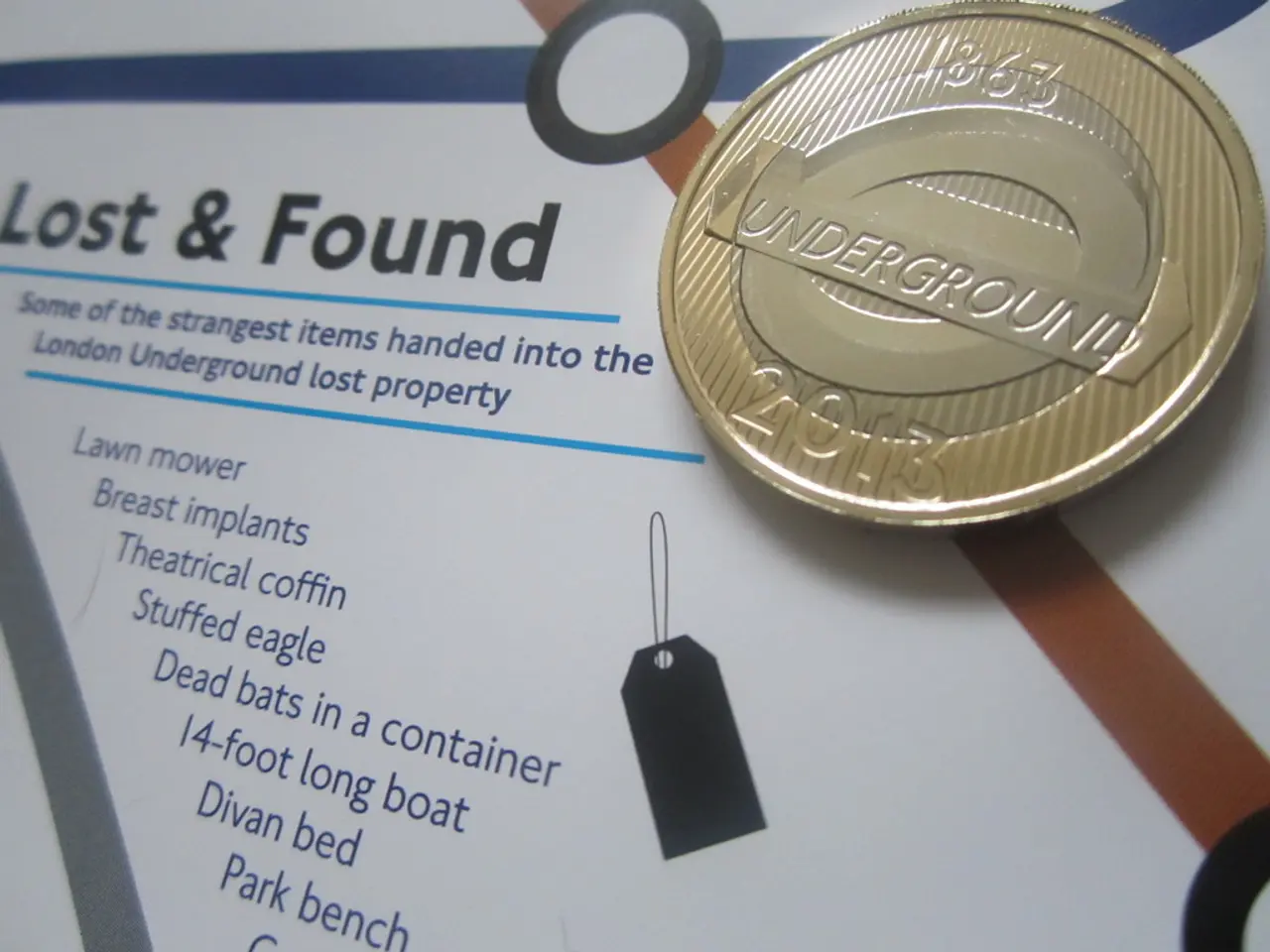UAE Imposes New Corporate Tax Requirements: Tax Consortiums Now Need Audited Financial Statements for Tax Purposes
The United Arab Emirates (UAE) has announced a decision that offers clarity for Qualifying Free Zone Persons (QFZPs) in the distribution of goods or materials within or from Designated Zones. This decision is part of the UAE's ongoing efforts to maintain a competitive tax environment, ensure compliance with global standards, and support a business-friendly environment.
Under the updated UAE Corporate Tax Law, the Federal Tax Authority (FTA) has outlined detailed guidelines for preparing audited special-purpose aggregated financial statements. These guidelines apply to all taxable entities, including free zone companies and small entities, ensuring consistency and transparency in financial reporting.
Any taxable person (business or entity) with annual revenue exceeding AED 50 million must prepare and maintain audited financial statements for the relevant tax period. QFZPs that benefit from a 0% tax rate on qualifying income, regardless of revenue, must also prepare audited financial statements for each tax period. These statements must be prepared strictly in accordance with International Financial Reporting Standards (IFRS).
The audited financial statements serve as the basis for accurate corporate tax return calculations and maintain eligibility for QFZP status. They also facilitate group structuring and business exit processes, enhance investor confidence, and access to funding.
From 1 January 2025, a special purpose audit will be mandatory for tax group return filing, without revenue thresholds, implying audited aggregated financial statements for the group. This audit focuses on verifying tax-related figures consistent with corporate tax law and FTA’s requirements, not necessarily a full statutory audit for other purposes.
All financial records supporting the audit—including ledgers, invoices, contracts, and supporting data—must be retained for a minimum of seven years and should be readily accessible for inspection by the FTA at any time.
QFZPs engaged in distribution activities within designated zones may be subject to additional procedural requirements as prescribed by the FTA. Transfer pricing documentation and related party transaction disclosures are also mandatory, particularly for businesses meeting certain revenue or transaction thresholds.
The audited financial statements must be compiled and available in time to meet the corporate tax return filing deadlines, typically by 30 September following the tax year end.
In summary, the FTA requires audited special-purpose aggregated financial statements for all taxable entities exceeding AED 50 million in revenue and all qualifying free zone persons, prepared strictly under IFRS, subject to a special-purpose audit from 2025 onwards, with extensive record retention obligations and additional procedural requirements for free zone distribution activities. This framework ensures accurate tax reporting, compliance verification, and facilitates transparency for the new UAE Corporate Tax regime.
The amendments are aimed at fostering confidence among entities in the distribution sector. The decision will be further guided by the Free Trade Authority (FTA). The clarity provided by the decision aims to help entities in the distribution sector confidently benefit from the Free Zone Corporate Tax regime. This move underlines the UAE's ongoing efforts to support entities involved in the distribution sector.
- The updated UAE Corporate Tax Law, following the FTA's guidelines, requires all Qualifying Free Zone Persons (QFZPs) and taxable entities, regardless of their annual revenue, to prepare audited financial statements that adhere to International Financial Reporting Standards (IFRS), as part of the UAE's ongoing efforts to support a business-friendly environment, ensure compliance with global standards, and maintain a competitive tax environment.
- In addition to the regular financial statements, QFZPs engaged in distribution activities within designated zones may be subject to extra procedural requirements, such as transfer pricing documentation and related party transaction disclosures, to further support entities involved in the distribution sector and foster confidence among them.




